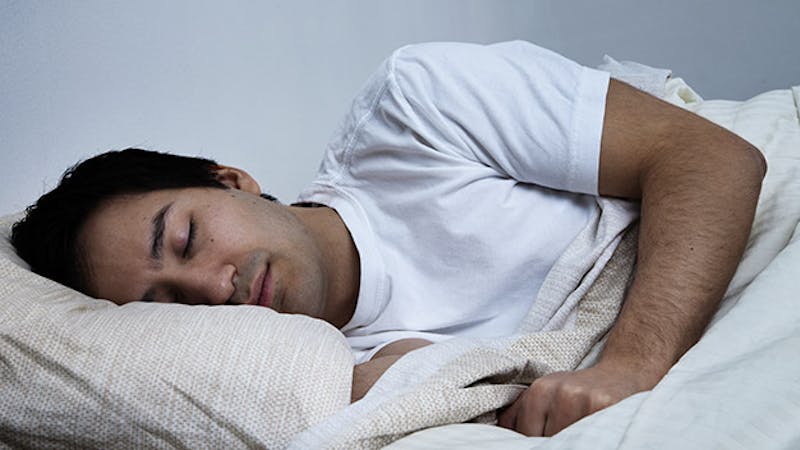
Sleep problems or disorders, such as lack of or too much sleep, involve problems with the quality, timing, and amount of sleep. This has many potential consequences, such as fatigue, decreased energy, irritability, and focus issues. However, sleep problems can also cause more severe problems, such as worsened depression, anxiety, and many chronic health issues.
When you’re aware of the signs of sleep problems, you can act quickly and prevent them from worsening. Here are some common sleep disorders, signs to watch out for, and tips to help you improve your sleep hygiene.
The four most common sleep problems
Number One - Insomnia
The most common sleep disorder is insomnia, characterized by an inability to initiate or maintain sleep. Signs of insomnia include:
- Early morning awakening and being unable to resume sleeping
- Excessive daytime sleepiness
- Functional impairment throughout the day
- Fear of being unable to sleep
Number Two - Narcolepsy
Another common sleep problem is narcolepsy. Narcolepsy involves excessive daytime sleepiness, including “sleep attacks” and sudden muscle weakness. These “sleep attacks” may occur in unusual circumstances, such as walking and other physical activity.
Number Three - Restless Legs Syndrome
The third common sleep problem, Restless Legs Syndrome (RLS), is often associated with aches and pains throughout the legs. This may feel like a “creeping” sensation that impairs initiating sleep and is relieved by leg movement, such as walking or kicking.
Number Four - Sleep Apnea
Snoring may signify sleep apnea, the fourth most common sleep disorder. People with sleep apnea make periodic gasping noises, during which their sleep is momentarily interrupted. Sleep apnea is also characterized by excessive daytime sleepiness, as interrupted sleep is not restorative.
Signs of sleep problems
The primary signs and symptoms of sleep deprivation include excessive daytime sleepiness and impairment, such as:
- Reduced concentration
- Slower thinking
- Mood changes
- Feeling extremely tired during the day
- Microsleeps, in which a person dozes off for seconds at a time
- Worsened memory
- Poor or risky decision-making
- Lack of energy
- Mood changes
- Feelings of stress, anxiety, or irritability
Tips to improve your sleep hygiene
Once you know the signs of sleep problems, you can improve your sleep hygiene, which refers to your sleep environment and habits. Sleep hygiene is crucial in preventing and treating sleep deprivation. Here are some tips to improve your habits and lifestyle so you can get better sleep tonight:
- Maintain a consistent sleep schedule
- Have a bedtime routine
- Make sleep a priority by setting boundaries in your work and social life
- Create a bedroom environment that is comfortable and inviting
- Find a supportive mattress and pillow
- Make sure your room is as quiet and dark as possible
- Exercise daily
When you want to sleep better, avoid the following:
- Electronics
- Alcohol
- Caffeine
- Naps longer than thirty minutes
- Afternoon naps
Let South Florida ENT Associates help you sleep better
Our Miami-area ENT doctors and sleep specialists can provide sleep evaluations and treatments to find the underlying condition affecting your sleep. For over thirty years, we’ve been helping patients find lasting relief from the signs of sleep problems. We’ve built a physician network with offices across South Florida, making it easy for you to prioritize your health.

